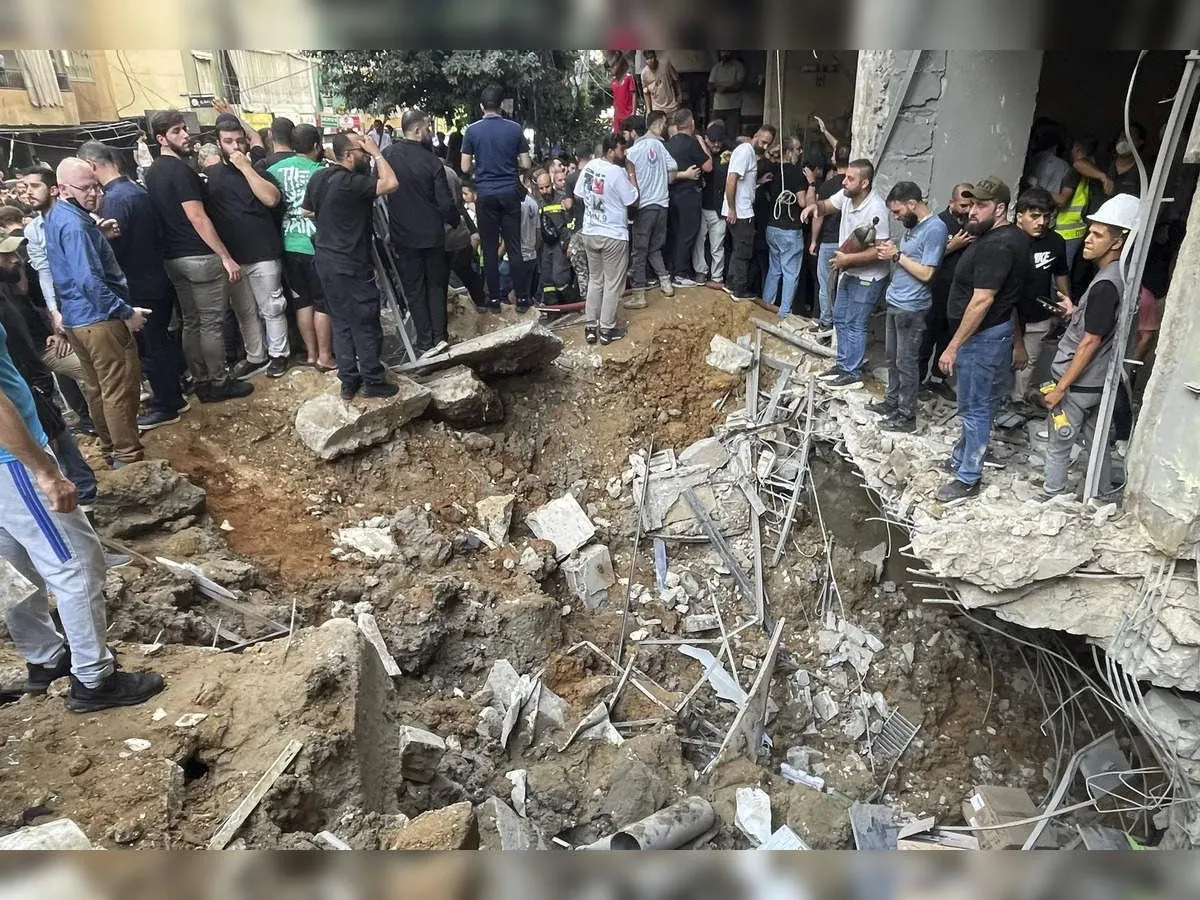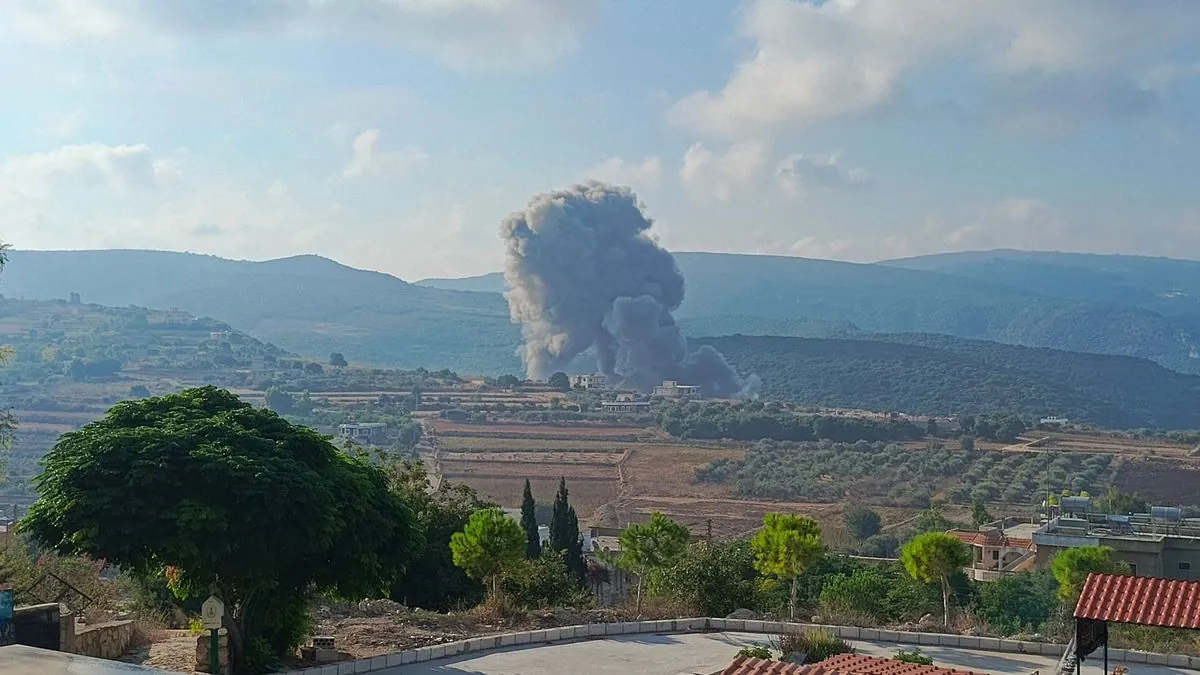Deadly Israeli Airstrike in Beirut Escalates Tensions with Hezbollah
An Israeli airstrike in Beirut killed 31, including a Hezbollah commander, amid rising tensions. The UN calls for an investigation into recent attacks using weaponized communication devices in Lebanon.

In a significant escalation of tensions, an Israeli airstrike on a Beirut suburb has resulted in the death of 31 individuals, including Ibrahim Akil, a high-ranking Hezbollah commander. This incident, occurring on January 19, 2024, marks the deadliest Israeli strike on Beirut since the 2006 Israel-Hezbollah war, which lasted 34 days and caused extensive damage and casualties.
The attack targeted a densely populated area during rush hour, causing widespread destruction. Firass Abiad, Lebanon's health minister, reported that among the casualties were seven women and three children, with 68 people wounded. The strike also claimed the lives of approximately a dozen members of Hezbollah's elite Radwan Force, who were meeting in the building's basement at the time.
This latest development comes amidst a series of escalating confrontations between Israel and Hezbollah, a Lebanese Shiite Islamist political party and militant group founded in 1982. The ongoing exchanges of fire have raised concerns about the potential outbreak of a full-scale war in the Middle East.

In response to the Israeli airstrike, Hezbollah launched 140 rockets at northern Israel. This retaliation is part of a pattern of increased hostilities since the Hamas attack on southern Israel on October 7, 2023, which led to Israel's military offensive in Gaza.
The situation in Gaza remains dire, with the Palestinian Health Ministry reporting over 41,000 casualties since the conflict began. Israel claims to have eliminated more than 17,000 militants, though these figures remain unverified.
Adding to the complexity of the situation, two separate attacks in Lebanon on January 16-17, 2024, involving the simultaneous explosion of communication devices across the country, resulted in 37 fatalities and over 3,400 injuries. These incidents have drawn international attention and condemnation.
Volker Türk, the United Nations human rights chief, has called for an independent and transparent investigation into these attacks. He emphasized that weaponizing ordinary communication devices represents a new and concerning development in warfare, stating that targeting thousands of Lebanese people without their knowledge violates international human rights law.
"Those who ordered and carried out these attacks must be held to account."
Lebanon, which hosts the largest per capita refugee population globally, has blamed Israel for these attacks. However, when questioned about Israel's potential involvement, Danny Danon, Israel's UN Ambassador, declined to comment.
The ongoing conflict has its roots in decades-old tensions. The Israeli-Palestinian conflict has persisted for over 70 years, while the United Nations Interim Force in Lebanon (UNIFIL) has been present since 1978, highlighting the long-standing nature of regional instabilities.
As the situation continues to evolve, the international community watches closely, aware of the potential for further escalation in this volatile region. The use of advanced military technology, including Israel's Iron Dome missile defense system, underscores the high-stakes nature of the conflict.


































